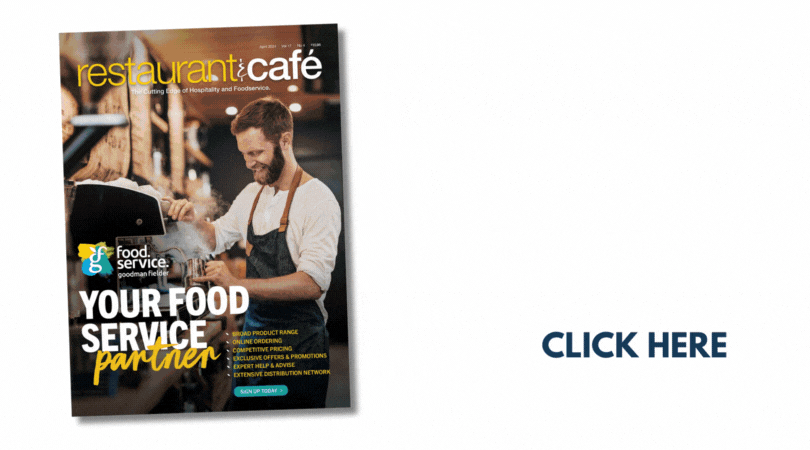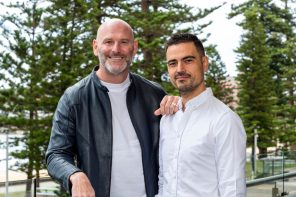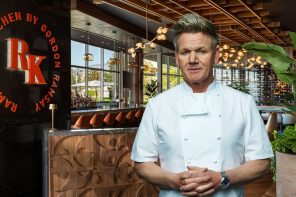Andrew Gibson has worked with food his entire life. He began working in his parent’s retail business when he was at school, before going on to study Microbiology at university. Like many students, Gibson did a lot of hospitality work while studying, leading him to work in kitchens, bars, and front of house roles when he travelled in the early 90’s.
“When I returned to New Zealand, I went back to retail working in FMCG. While I have no formal business qualifications, this was the beginning of my business education,” he explained.
“Supermarkets are very hands on places, and very much about working your way up. They are also a great place to learn a very broad range of skills.”
From retail in FMCG, Gibson moved to Ryman to support Hotel Services (Food, Laundry and Housekeeping) in villages.
“In this role I can use all my previous experience to help find solutions for our business. My current role is varied, I have done everything from writing menus, negotiating supplier agreements and sourcing products to writing Food Safety plans and rolling out IT systems. I am currently working on several quality projects for our team and lead three regional chefs who support our village teams.”
When looking at emerging food and beverage brands, Gibson first looks at what the problem the product or service is trying to solve. He asks, How big is the problem? How easy is it to replicate the solution? Could we do it ourselves? How does the product or service represent value for our business?
The Covid pandemic has had some long-lasting impacts on many industries, Gibson noted that one of the most lingering effects is the need for businesses to think more about ‘what if?’ scenarios.
“While we can scramble well when we need to, it is better if we have given some thought to what we might need when our regular supplies of products and services are disrupted. If we plan better, we take a lot of pressure off our teams.”
Gibson said that one of the ways in which Ryman Healthcare has overcome some of the obstacles set by the pandemic is by collaborating, prioritising, and relying on support from its network of suppliers and potential suppliers or collaborators who were willing to help.
“Building good relationships has allowed us to do this.”
Ethical and sustainable products, and products that cater for specialised diets, nutrition, and wellbeing are the biggest consumer demands Gibson sees heading into the future. His advice to business owners who want to take that next step from artisan to major player is to know what you are and are not prepared to compromise on.
“It is important to keep the essence of what makes your product great while bringing it to a larger number of people. Then think about things like - How big is the potential market? How much of it do you need to capture to get the returns you want? Could someone else easily replicate what you do?
“I’m really looking forward to the PITCHme panel, meeting new people and hearing some great ideas.”






